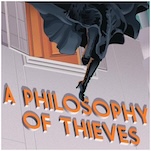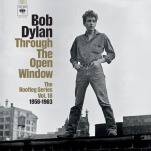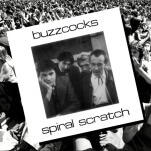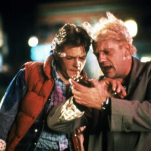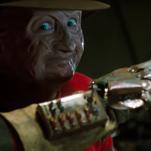The Weekend Watch: Serial Mom
Subscriber Exclusive
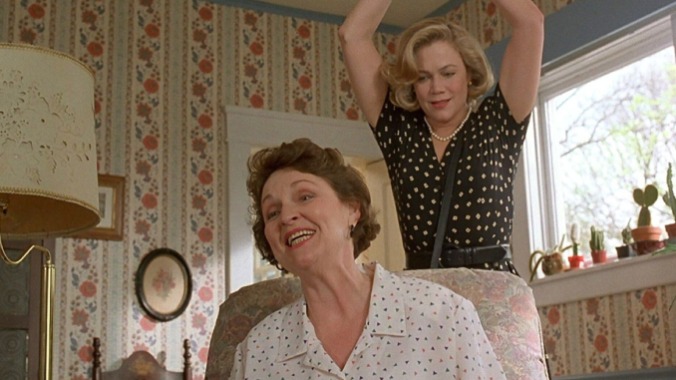
Welcome to The Weekend Watch, a weekly column focusing on a movie—new, old or somewhere in between, but out either in theaters or on a streaming service near you—worth catching on a cozy Friday night or a lazy Sunday morning. Comments welcome!
In an age where true crime gawking infests every other tile of every streaming service, it may seem like America’s cheap and tawdry murder-lust is a bit of a modern phenomenon, or at least one most obvious now that all life (and death) must become Content. But real murder, scandal and ruination has long captivated audiences, especially in the country where O.J. Simpson’s trial became a defining media sensation and a racial reckoning. But even before the glove and Bronco show made this point so obviously, John Waters made it in his 1994 satire Serial Mom. Released a few months before the killings and the car chase, Waters’ black camp comedy is pessimistic towards its nation of rubberneckers. Led by a hilariously committed Kathleen Turner as a sitcom socio in charge of her nuclear family, Waters’ film flips conservative fear-mongering on its head in flippant, fun fashion. Serial Mom is now streaming on Netflix.
-

-

-

-

-

-

-

-

-

-

-

-

-

-

-

-

-

-

-

-

-

-

-

-

-

-

-

-

-

-

-

-

-

-

-

-

-

-

-

-













